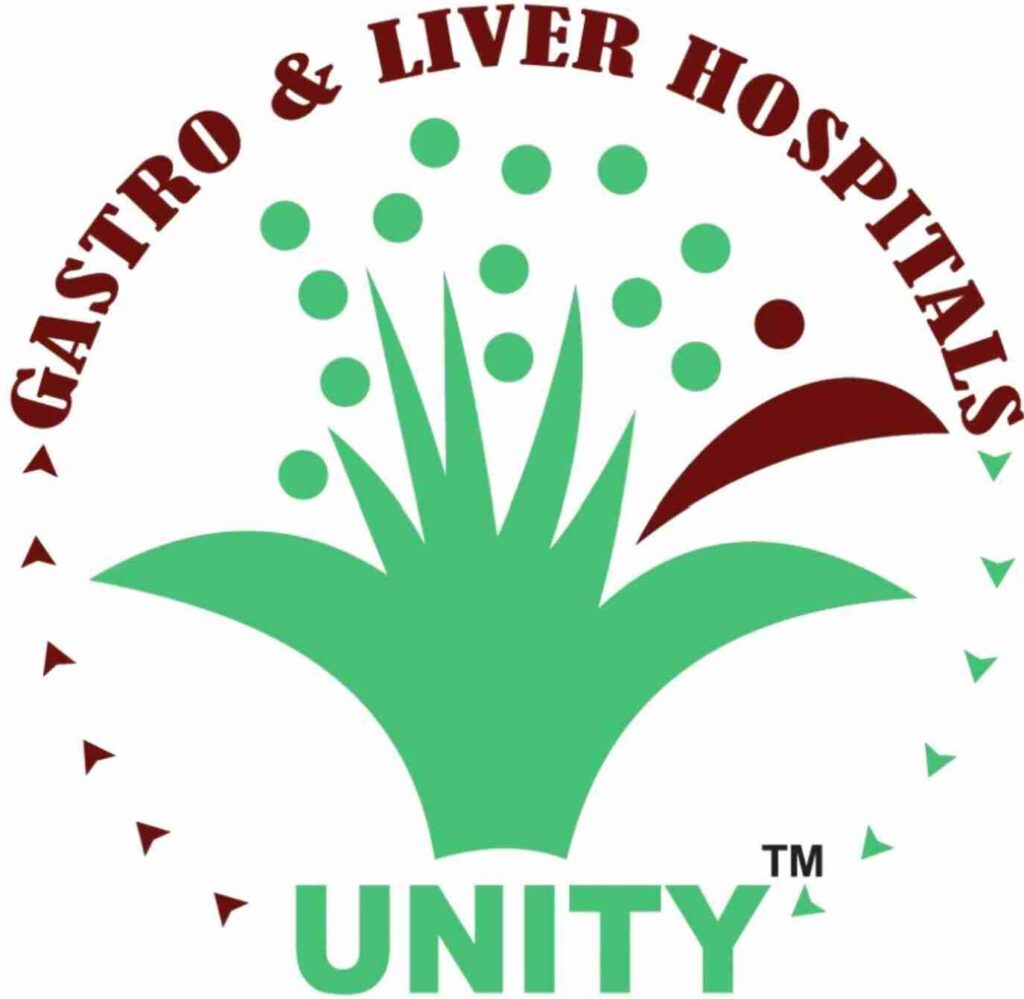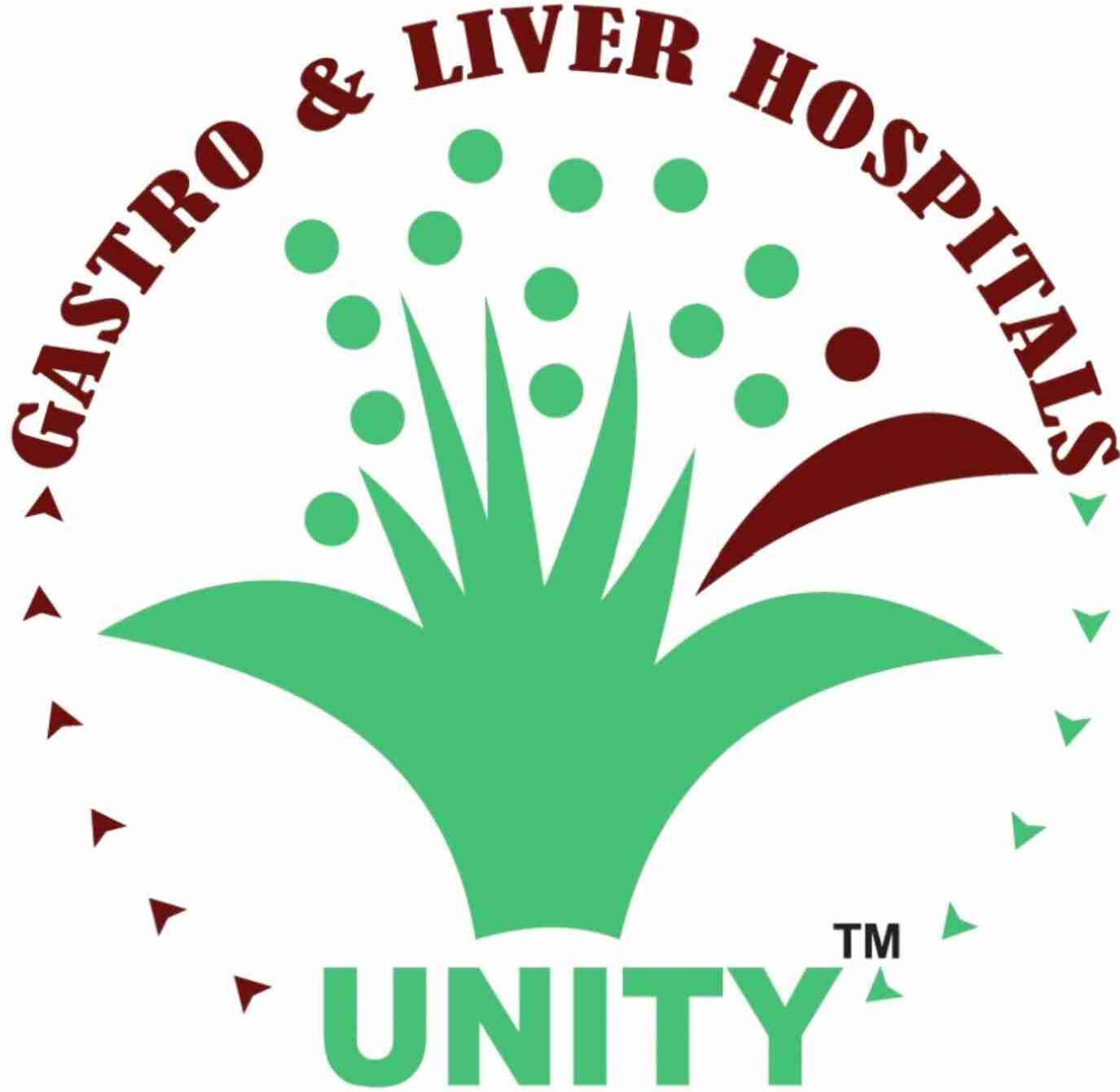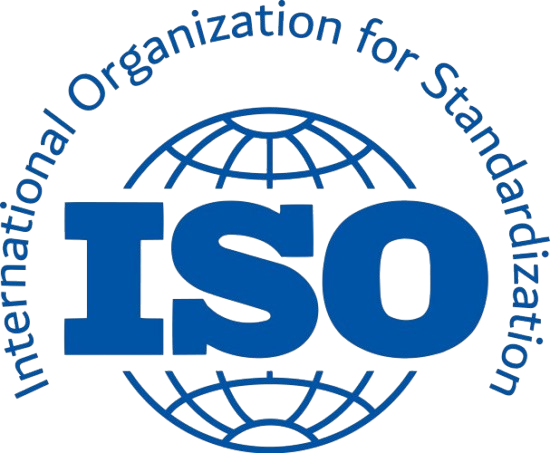The liver is an essential organ. It handles digestion and detoxification, and keeps blood sugar stable. When we drink alcohol, it’s the liver that processes it. However, drinking too much over time can harm your liver. This can lead to Alcoholic Liver Disease (ALD). In India, ALD is a growing concern due to rising alcohol consumption. Identifying the condition early is crucial to prevent serious health issues. Catching it early can help manage it better and even reverse some damage.
Exploring the Stages of Alcoholic Liver Disease
Alcoholic Liver Disease progresses through several stages:
- Alcohol-Related Fatty Liver: This is the earliest stage. The liver builds up fat due to too much alcohol. It’s a warning sign. You might not feel unwell, but the liver is under strain.
- Alcoholic Hepatitis: If you continue drinking, the liver gets inflamed. This is alcoholic hepatitis. Symptoms like fever and nausea may appear. It’s important to note that this stage can be very serious.
- Alcoholic Cirrhosis: The worst stage, cirrhosis, involves scar tissue replacing healthy liver cells. It can’t perform well anymore. When the liver reaches this stage, stopping alcohol is essential.
Recognizing these stages helps in understanding the urgency of quitting or reducing alcohol intake.
Recognizing Symptoms and Raising Awareness
Early symptoms of Alcoholic Liver Disease include feeling tired and losing appetite. These signs are easy to miss or dismiss. However, as the disease progresses, symptoms like jaundice (yellowing of eyes and skin), and confusion may happen. These symptoms indicate serious liver trouble. Campaigns that educate people about these signs can play a big role. They help in recognizing the condition early, making treatment more effective. Such awareness can drive individuals to seek medical advice sooner.
Risk Factors and Causes
In urban India, more people are drinking due to changing lifestyles, which increases ALD risks. Both men and women are vulnerable, although men may have a slightly higher risk due to drinking patterns. Additionally, genetics can influence how fast someone’s Alcoholic Liver Disease progresses. Poor diet and existing health problems can worsen liver health. Paying attention to balanced nutrition can be a crucial preventive step.
Diagnosis and Complications of Alcoholic Liver Disease
Diagnosing Alcoholic Liver Disease involves examining symptoms and medical history. Doctors might conduct physical exams followed by blood tests to gauge liver function. Imaging tests like ultrasounds may be used as well. Complications of ALD can include liver cancer and internal bleeding. These complications highlight why it’s vital to address ALD promptly. Discussing and understanding these challenges can encourage individuals to seek timely medical support.
Treatment Options and Latest Advancements
Treating Alcoholic Liver Disease starts with stopping alcohol consumption. Medications can help manage symptoms and improve liver function. Exciting research in India is advancing treatments, offering new hope. Counseling and support groups are important too. They help people stick to their recovery plans. Societal encouragement can strengthen individuals’ resolve to lead healthier lives.
Prevention and Promoting Healthy Lifestyle Choices
Prevention is key. Educating communities about the dangers of heavy drinking is essential. Regular health check-ups can catch problems early. Encouraging people to adopt healthier lifestyles reinforces medical treatment. Family and friends can support individuals in this journey by being understanding and encouraging healthier choices.
Coping with Alcoholic Liver Disease and Stigma Reduction
Living with Alcoholic Liver Disease requires adapting one’s lifestyle for better health. Physical activity and mental health support are crucial. In India, there’s a significant stigma around ALD, often perceived as a personal failure. Open conversations can lessen this stigma and support affected individuals. Resources like support groups can offer a network of understanding peers.
Conclusion: Call to Action for Healthier Futures
Alcoholic Liver Disease poses serious health risks but they can be managed through early intervention. Community involvement and healthcare access are vital to reduce these risks. Seeking medical advice promptly and choosing healthy lifestyles can lead to a brighter, healthier future. Together, we can create a supportive environment for those affected.





